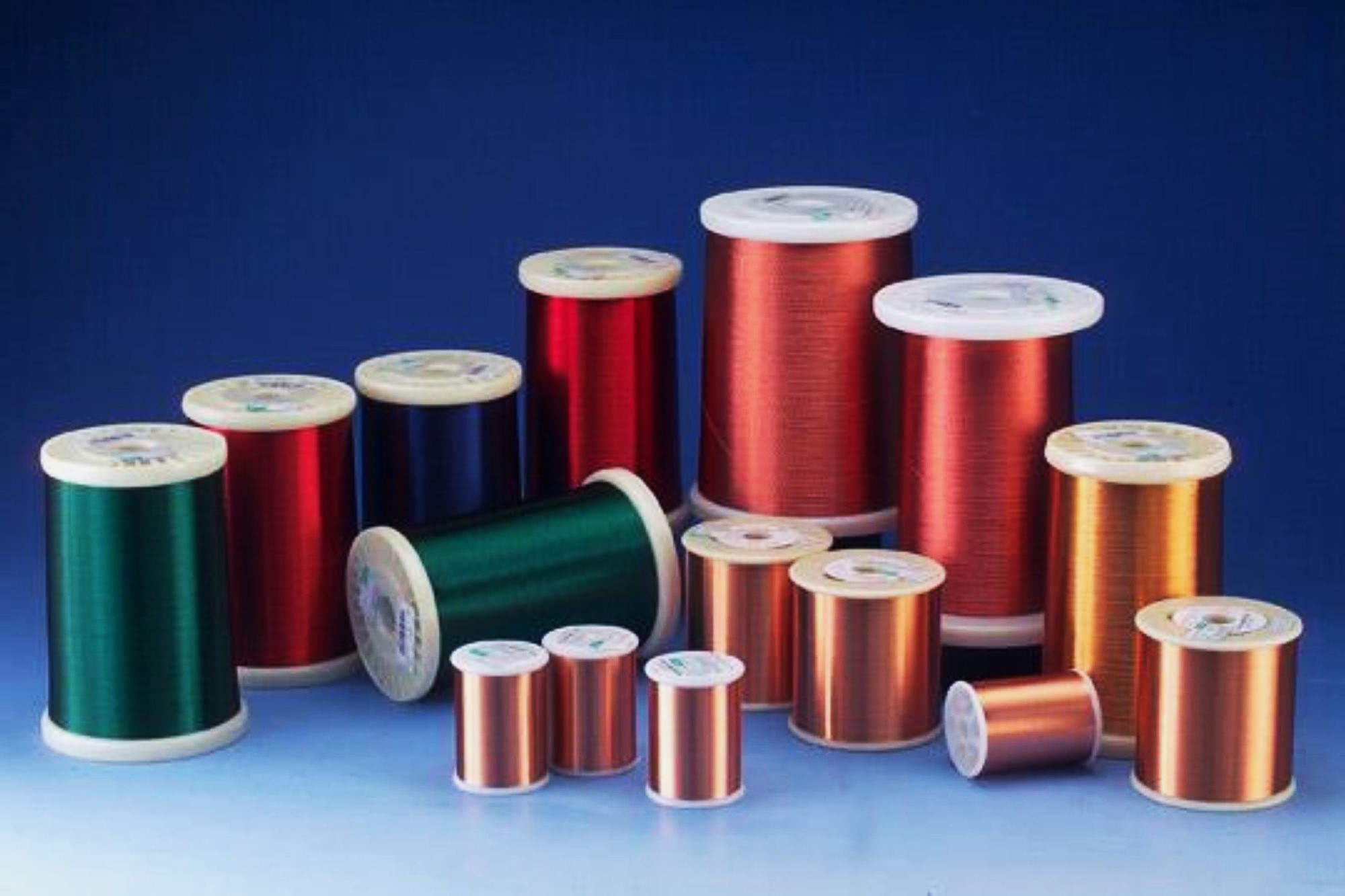
Manganin is a fascinating alloy primarily composed of copper, manganese, and nickel. Known for its remarkable electrical resistance stability, it plays a crucial role in precision instruments and electrical components. But what makes manganin so special? Its unique properties allow it to maintain consistent resistance over a wide range of temperatures, making it indispensable in creating accurate measuring devices. This alloy's reliability and durability have made it a staple in industries requiring precise measurements. Whether you're a student, hobbyist, or professional, understanding manganin's characteristics can provide valuable insights into its applications and significance. Ready to dive into the world of manganin? Let's explore 40 intriguing facts about this incredible material!
Key Takeaways:
- Manganin, an alloy of copper, manganese, and nickel, has stable electrical properties and is used in precision resistors, thermocouples, and strain gauges. It's non-magnetic and resistant to oxidation, making it valuable in various applications.
- Manganin's historical significance lies in revolutionizing electrical measurement technology, contributing to early electrical standards, and playing a crucial role in the development of telecommunication systems and scientific instruments. It continues to be an important material in modern electrical and electronic systems.
What is Manganin?
Manganin is an alloy composed primarily of copper, manganese, and nickel. It is known for its unique electrical properties, making it valuable in various applications.
- Manganin was invented in 1892 by Edward Weston, an American chemist and inventor.
- The typical composition of manganin is 84% copper, 12% manganese, and 4% nickel.
- This alloy is renowned for its low temperature coefficient of resistance, meaning its electrical resistance remains stable across a wide range of temperatures.
- Manganin is often used in precision resistors and standard resistors due to its stability and accuracy.
- It has a resistivity of approximately 48 micro-ohm centimeters at 20°C.
- The alloy is also known for its low thermal electromotive force (EMF) against copper, which is crucial in thermocouples and other sensitive electrical measurements.
- Manganin is non-magnetic, making it suitable for use in environments where magnetic interference must be minimized.
- It is highly resistant to oxidation and corrosion, ensuring long-term reliability in various applications.
- The alloy is often used in the manufacturing of strain gauges, which measure the strain on an object.
- Manganin wire is commonly used in the construction of precision electrical instruments.
Applications of Manganin
Manganin's unique properties make it suitable for a wide range of applications, especially in fields requiring precise electrical measurements.
- It is widely used in the production of shunt resistors, which are used to measure high currents.
- Manganin is a key material in the construction of potentiometers, devices that measure and control electrical voltage.
- The alloy is used in the aerospace industry for its stability and resistance to harsh environmental conditions.
- It is also employed in the medical field, particularly in the manufacturing of medical devices that require precise electrical measurements.
- Manganin is used in the production of high-precision voltage dividers, which are essential in various electronic circuits.
- The alloy is a critical component in the construction of Wheatstone bridges, which are used to measure electrical resistance.
- It is used in the automotive industry for the production of sensors and other electronic components.
- Manganin is employed in the manufacturing of laboratory equipment, such as precision balances and scales.
- The alloy is used in the production of high-precision measuring instruments, including multimeters and oscilloscopes.
- Manganin is also used in the construction of electrical connectors and terminals.
Properties of Manganin
The properties of manganin make it an ideal material for various applications, particularly those requiring high precision and stability.
- Manganin has a melting point of approximately 960°C.
- The alloy has a density of about 8.4 grams per cubic centimeter.
- It has a thermal conductivity of around 22 watts per meter per degree Celsius.
- Manganin exhibits excellent mechanical properties, including high tensile strength and good ductility.
- The alloy has a specific heat capacity of approximately 0.4 joules per gram per degree Celsius.
- Manganin is known for its high fatigue resistance, making it suitable for applications involving repeated mechanical stress.
- The alloy has a modulus of elasticity of about 120 gigapascals.
- Manganin is highly resistant to wear and abrasion, ensuring long-term durability.
- The alloy has a coefficient of thermal expansion of approximately 16.6 x 10^-6 per degree Celsius.
- Manganin is also known for its excellent solderability, making it easy to work with in various manufacturing processes.
Historical Significance of Manganin
Manganin has played a crucial role in the development of electrical measurement technology and continues to be an important material in various industries.
- Edward Weston's invention of manganin revolutionized the field of electrical measurement by providing a stable and accurate material for resistors.
- The alloy was instrumental in the development of early electrical standards, which helped to standardize measurements and improve the accuracy of electrical instruments.
- Manganin was used in the construction of the first precision resistors, which were essential for the development of early electrical circuits and devices.
- The alloy has been used in various scientific experiments and research projects, contributing to advancements in the field of electrical engineering.
- Manganin played a key role in the development of early telecommunication systems, providing stable and accurate components for signal transmission.
- The alloy has been used in the construction of various scientific instruments, including galvanometers and ammeters.
- Manganin has been employed in the development of early electrical power systems, providing reliable components for power generation and distribution.
- The alloy has been used in the construction of various types of sensors, contributing to advancements in the field of sensor technology.
- Manganin has been used in the development of early electronic devices, providing stable and accurate components for various applications.
- The alloy continues to be an important material in modern electrical and electronic systems, providing reliable and accurate components for a wide range of applications.
The Final Word on Manganin
Manganin, an alloy of copper, manganese, and nickel, stands out for its unique properties. Its resistance stability makes it invaluable in precision instruments and electrical applications. This alloy's ability to maintain consistent resistance under varying temperatures and mechanical stress is unmatched.
Used in resistors, shunts, and thermocouples, manganin plays a crucial role in ensuring accurate measurements and reliable performance. Its low thermal electromotive force (EMF) with copper further enhances its utility in sensitive electrical circuits.
Understanding manganin's properties and applications highlights its importance in modern technology. Whether in scientific research, industrial settings, or everyday electronics, this alloy proves its worth time and again. So, next time you encounter a precise measuring device or a stable resistor, remember the silent hero behind the scenes – manganin.
Frequently Asked Questions
Was this page helpful?
Our commitment to delivering trustworthy and engaging content is at the heart of what we do. Each fact on our site is contributed by real users like you, bringing a wealth of diverse insights and information. To ensure the highest standards of accuracy and reliability, our dedicated editors meticulously review each submission. This process guarantees that the facts we share are not only fascinating but also credible. Trust in our commitment to quality and authenticity as you explore and learn with us.


